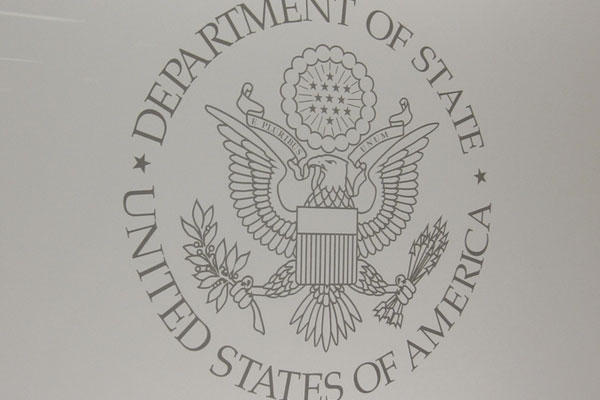U.S. Embassies Remain Closed: 5 Heritage Must-Reads on Counterterrorism
Jessica Zuckerman /
Twenty U.S. embassies and consulates remain closed throughout the Middle East, Africa, and Asia this week. The State Department says that “current information suggests that al-Qaida and affiliated organizations continue to plan terrorist attacks both in the region and beyond, and that they may focus efforts to conduct attacks in the period between now and the end of August.”
News reports have indicated that knowledge of the threat came from intercepted messages between Ayman al-Zawahiri (Osama bin Laden’s successor) and the leader of Al-Qaeda in the Arabian Peninsula, Nasser al-Wuhayshi. Little more, however, is publicly known about the possible plot.
While the extensive closing of embassies is unprecedented, the fact that al-Qaeda continues to seek to harm the United States is nothing new. Indeed, there have been at least 60 publicly known terrorist plots against the U.S. since 9/11, serving as a reminder that the war on terrorism is not yet won.
As the situation continues to develop and new details likely emerge, here are five Heritage must-reads on the state of counterterrorism and the continued nature of the terrorist threat:
- 60 Terrorist Plots Since 9/11: Continued Lessons in Domestic Counterterrorism. At least 60 terrorist plots have been aimed against the homeland since 9/11, serving as a stark reminder that the threat of terrorism remains real and that continued vigilance is critical to keeping America safe.
- In the Immediate Aftermath on Boston: No Time to Stand Still. In the aftermath of the attack on Boston, Washington should resist knee-jerk reactions. Instead, the U.S. should reinforce its current approach to homeland security with responsible reforms that build on what has already been done to promote real security.
- A Counterterrorism Strategy for the “Next Wave.” Dealing with the “next wave” of transnational terrorism will require a different course, one that will regain the initiative that has been lost by this President, bring a successful end to the long war, and leave behind an enduring and sustainable counterterrorism enterprise.
- Preventing the Next “Lone Wolf” Terrorist Attack Requires Stronger Federal-State-Local Capabilities. While considering the lessons of the Boston Marathon attacks, America must answer a critical question: How does the U.S. design a more effective safety net that uses the decentralized infrastructure of state and local law enforcement?
- How Must America Balance Security and Liberty. America has avoided the fate of nations that have traded freedoms for promises of security, or security for unlimited freedom, and achieved neither. Yet the healthy fear that one or the other will disappear has been present in every era since the Founding, and the question remains—how must America balance security and civil liberties?

